
The following is a snap-shot of funding opportunities that have been announced. Please follow the links for more information:
British Academy
Tackling the UK international challenges
The purpose of each project will be to bring new research ideas and methods to bear on existing international challenges and to deliver specific policy-relevant outputs.
Maximum Award: £50000 for 1 year Deadline: 2 November 2016
Agriculture & Horticulture Development Board
Soft fruits crop sector panel funding
The objectives of the soft fruit sector strategy link are:
- To improve productivity and cost management (resource management, climate change, soils and water, managing market volatility);
- To prevent and manage disease (NB: in this context disease covers all crop protection).
Maximum Award: Unknown Deadline: 6 November 2016
EPSRC
Healthcare technologies challenge awards
A future call, planned for mid-late October, designed to create a cohort of the most promising future leaders in Computational, Engineering, Mathematical and Physical Sciences research who will develop new research capabilities across the EPSRC portfolio to address unmet healthcare needs.
Maximum Award: Total budget for call is £10million for 7 – 10 awards Deadline: 31 January 2017
Alzheimer’s Research UK
Dementia consortium
The Dementia Consortium will provide funding, resources and expertise to both increase the number of, and capitalise upon, new drug targets emerging from across the academic sector that hold promise of bringing patient benefit.
Maximum Award: £100000 – £250000 over 2 years Deadline: 15 November 2016
Department of Health, including NIHR
Programme grants for applied research
These support projects that aim to provide evidence to improve health outcomes in England through promotion of health, prevention of ill health and optimal disease management, with particular emphasis on conditions causing significant disease burden.
Maximum Award: Unknown Deadline: 29 November 2016
Wellcome Trust
Seed Awards in Science
Seed Awards in Science help researchers develop new ideas to make them competitive for larger awards (from us or other organisations).
Maximum Award: £100000 over 2 years Deadline: 13 March 2017
AHRC
Leadership Fellow Scheme – Standard route
The AHRC’s Leadership Fellows scheme provides time for research leaders, or potential future research leaders, to undertake focused individual research alongside collaborative activities which have the potential to generate a transformative impact on their subject area and beyond.
Maximum Award: £50000 – £250000 Deadline: Open
If you are interested in submitting to any of the above calls you must contact your RKEO Funding Development Officer with adequate notice before the deadline.
For more funding opportunities that are most relevant to you, you can set up your own personalised alerts on Research Professional. If you need help setting these up, just ask your School’s/Faculty’s Funding Development Officer in RKEO or view the recent blog post here.
If thinking of applying, why not add notification of your interest on Research Professional’s record of the bid so that BU colleagues can see your intention to bid and contact you to collaborate.
 ‘Research Fingerprinting’ is a new development on the Research Professional platform that delivers highly relevant funding opportunities to researchers. This will go live at BU on Tuesday, 8th November.
‘Research Fingerprinting’ is a new development on the Research Professional platform that delivers highly relevant funding opportunities to researchers. This will go live at BU on Tuesday, 8th November.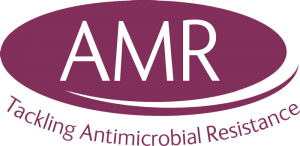 AHRC Cross-Disciplinary Networking and Information Event (Town Meeting) on Anti-Microbial Resistance in the Indoor and Built Environment
AHRC Cross-Disciplinary Networking and Information Event (Town Meeting) on Anti-Microbial Resistance in the Indoor and Built Environment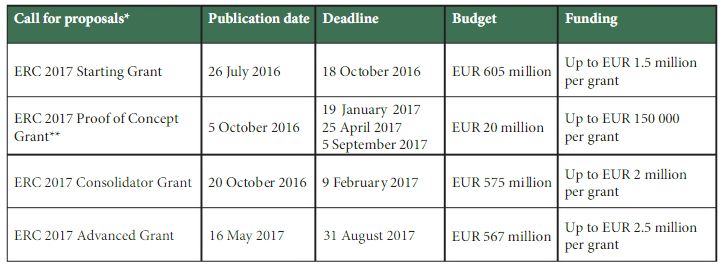
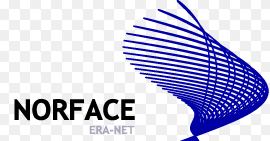
 The Department for International Development (DfID) has published a
The Department for International Development (DfID) has published a 





 Friday saw the launch of the
Friday saw the launch of the 
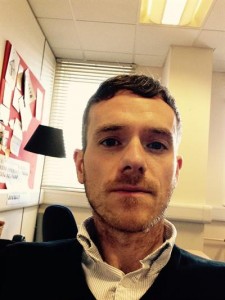 BU’s Dr Sam Goodman is one of AHRC’s New Generation Thinkers, having won the award last year. He features in
BU’s Dr Sam Goodman is one of AHRC’s New Generation Thinkers, having won the award last year. He features in 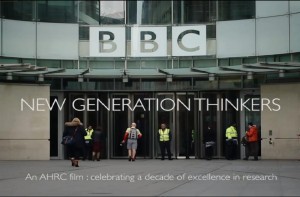 BBC Radio 3 and its programmes
BBC Radio 3 and its programmes 










 Nursing Research REF Impact in Nepal
Nursing Research REF Impact in Nepal Fourth INRC Symposium: From Clinical Applications to Neuro-Inspired Computation
Fourth INRC Symposium: From Clinical Applications to Neuro-Inspired Computation ESRC Festival of Social Science 2025 – Reflecting back and looking ahead to 2026
ESRC Festival of Social Science 2025 – Reflecting back and looking ahead to 2026 3C Event: Research Culture, Community & Cookies – Tuesday 13 January 10-11am
3C Event: Research Culture, Community & Cookies – Tuesday 13 January 10-11am Dr. Chloe Casey on Sky News
Dr. Chloe Casey on Sky News ECR Funding Open Call: Research Culture & Community Grant – Application Deadline Friday 12 December
ECR Funding Open Call: Research Culture & Community Grant – Application Deadline Friday 12 December MSCA Postdoctoral Fellowships 2025 Call
MSCA Postdoctoral Fellowships 2025 Call ERC Advanced Grant 2025 Webinar
ERC Advanced Grant 2025 Webinar Horizon Europe Work Programme 2025 Published
Horizon Europe Work Programme 2025 Published Update on UKRO services
Update on UKRO services European research project exploring use of ‘virtual twins’ to better manage metabolic associated fatty liver disease
European research project exploring use of ‘virtual twins’ to better manage metabolic associated fatty liver disease